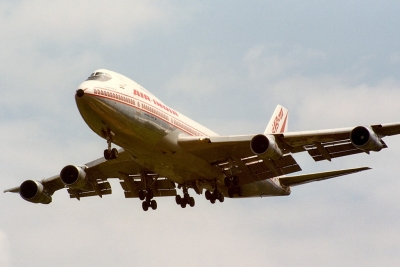
Air travel across India has been disrupted after a volcanic ash plume from Ethiopia drifted toward northern parts of the country, prompting flight cancellations and emergency advisories.
The Directorate General of Civil Aviation (DGCA) issued an urgent alert to airlines and airports, leading to several operational changes. IndiGo cancelled at least six domestic and international flights, while Akasa Air suspended its services to Jeddah, Kuwait and Abu Dhabi for November 24 and 25.
IndiGo, in a post on X, said: “Following the recent eruption of the #HayliGubbi volcano in #Ethiopia, ash clouds are reported to be drifting towards parts of western India. We understand that such news may cause concern, and we want to reassure you that your safety remains our highest priority.”
Some flights were also rerouted to avoid the drifting ash cloud, and several international carriers adjusted their operations. KLM Royal Dutch Airlines cancelled its Amsterdam–Delhi flight (KL 871) and the return Delhi–Amsterdam service (KL 872).
The DGCA issued an ASHTAM — a specialised aviation advisory for volcanic ash — instructing airlines to avoid affected altitudes and follow all prescribed safety protocols. Airlines were also asked to immediately report any suspected ash encounters, including unusual smells, smoke in the cabin, or engine abnormalities.
With parts of Indian airspace restricted, many international airlines have begun rerouting flights through Pakistani airspace. However, Indian airlines are not permitted to use these routes, resulting in further cancellations and delays.
The ash originated from Ethiopia’s Hayli Gubbi volcano, which erupted on Sunday after nearly 12,000 years of dormancy. The massive plume travelled across the Red Sea towards Yemen and Oman before spreading over the northern Arabian Sea.
Weather agencies now report dense sections of the ash cloud drifting over Delhi, Haryana and nearby areas of Uttar Pradesh. While experts note that the ash may affect air quality, the risk remains low as the plume is currently at high altitude.
Airports have been advised to inspect runways, taxiways and aircraft parking zones for any signs of ash deposition. Operators have also been instructed to closely monitor satellite imagery and weather updates for further developments.
--With inputs from IANS